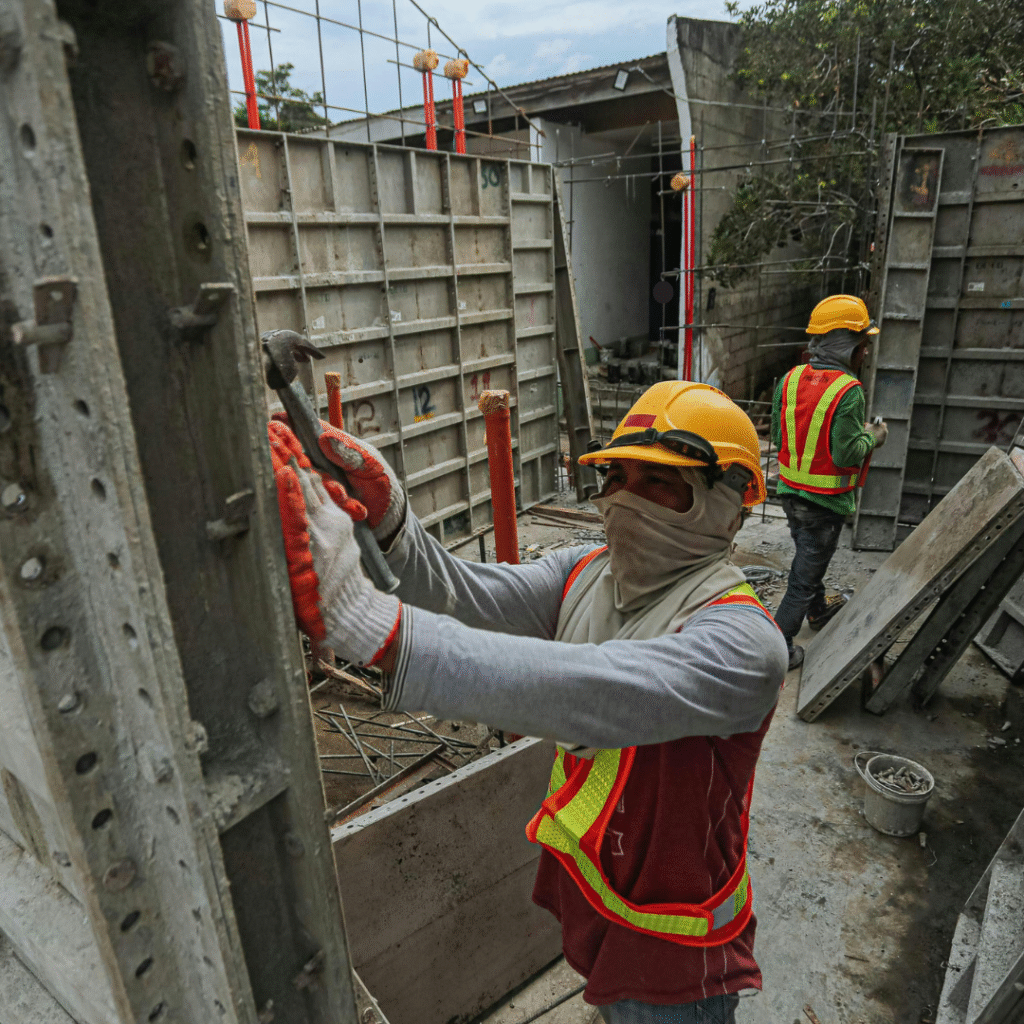
Get In Touch
Why Flexible Office Spaces Are the Future of Work
The way we work has transformed dramatically in the last few years. From remote work during the pandemic to the rise of hybrid models, companies are rethinking how offices should function. This shift has given rise to flexible office spaces—work environments designed to adapt to changing business and employee needs. More than just a trend, flexible offices are fast becoming the future of work.
What Are Flexible Office Spaces?
Flexible office spaces are workplaces that allow businesses to adjust their layouts, size, and amenities based on demand. Unlike traditional offices, which are fixed and rigid, flexible spaces are designed for scalability and adaptability. They may include:
Hot desks and shared seating areas
Co-working zones for collaboration
Private cabins for focused work
Meeting pods and breakout areas
Customizable layouts for growing teams
Why Are Flexible Offices Gaining Popularity?
1. The Rise of Hybrid Work
Employees today want the freedom to split their time between home and office. Flexible spaces cater to this by offering adaptable layouts that work for both in-person and remote teams.
2. Cost Efficiency for Businesses
Instead of committing to large, long-term leases, companies can scale up or down as needed. This reduces overhead costs, making it especially attractive for startups and growing businesses.
3. Employee Well-Being & Productivity
Modern workers value choice. Having access to different types of work zones—quiet areas, collaborative spaces, or casual lounges—boosts creativity, morale, and efficiency.
4. Technology-Enabled Workplaces
From smart booking systems for desks to IoT-enabled lighting and climate control, flexible offices integrate technology that makes the work environment smoother and more productive.
5. Future-Proof Design
As industries evolve, so do their workforce needs. Flexible offices are designed to keep up, ensuring businesses don’t outgrow their space too quickly.
Benefits for Employers and Employees
For Employers: Lower costs, better talent attraction, higher adaptability, and improved collaboration.
For Employees: More freedom, better work-life balance, and access to creative, well-designed spaces.
The Role of Flexible Offices in Shaping the Future
The future of work is not about fixed desks and rigid 9-to-5 schedules. It’s about freedom, collaboration, and adaptability. Companies that embrace flexible workspaces not only stay ahead of the curve but also build a culture that attracts top talent.
Shyam Constructions’ Perspective
At Shyam Constructions, we design commercial spaces that align with modern work culture. Our projects emphasize flexibility, technology, and sustainability, ensuring businesses have offices that grow with them. By anticipating the needs of tomorrow, we create spaces that are not just buildings, but future-ready workplaces.
Conclusion
Flexible office spaces are no longer a luxury—they are a necessity in the new world of work. With benefits that extend to both employers and employees, they create environments where productivity, innovation, and well-being thrive. As more businesses embrace flexibility, one thing is clear: the future of work is flexible.

